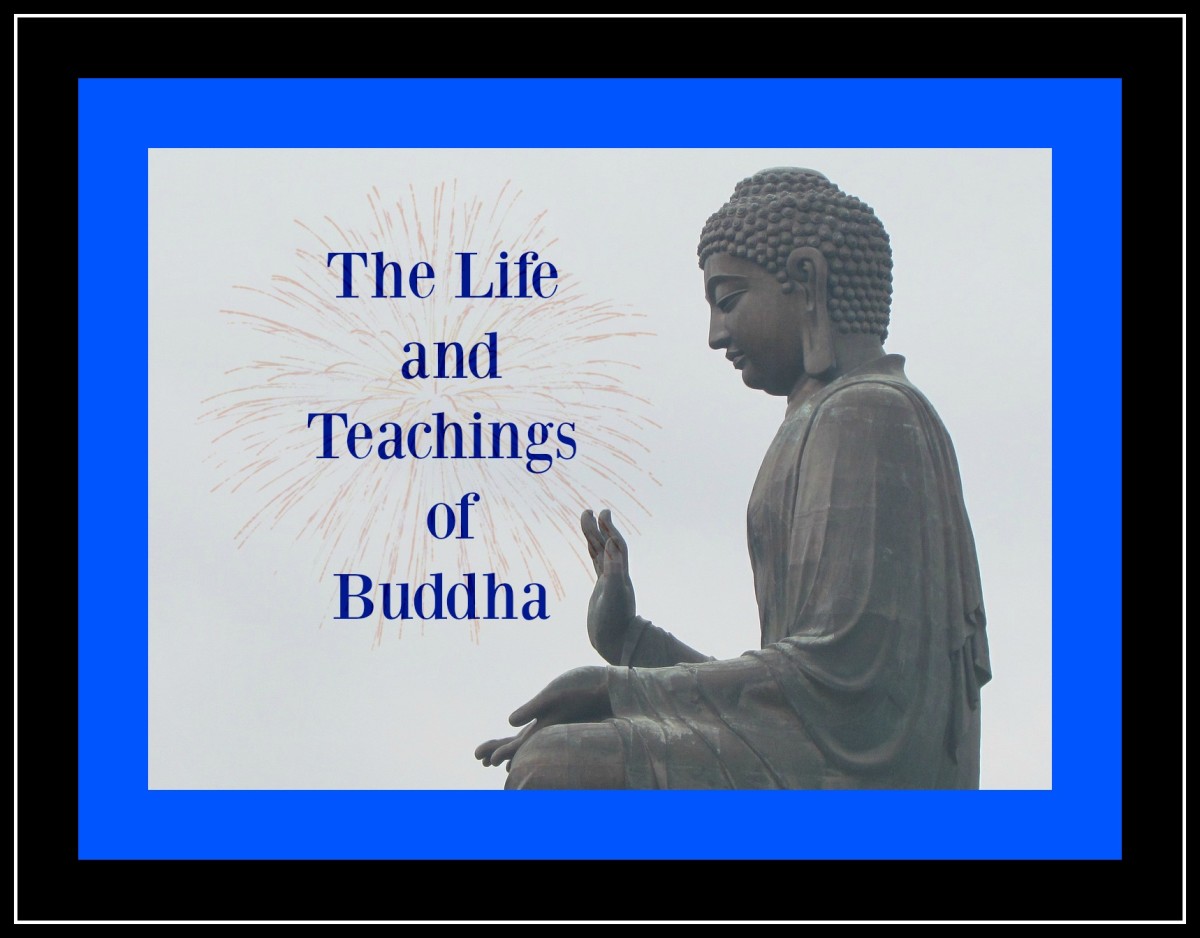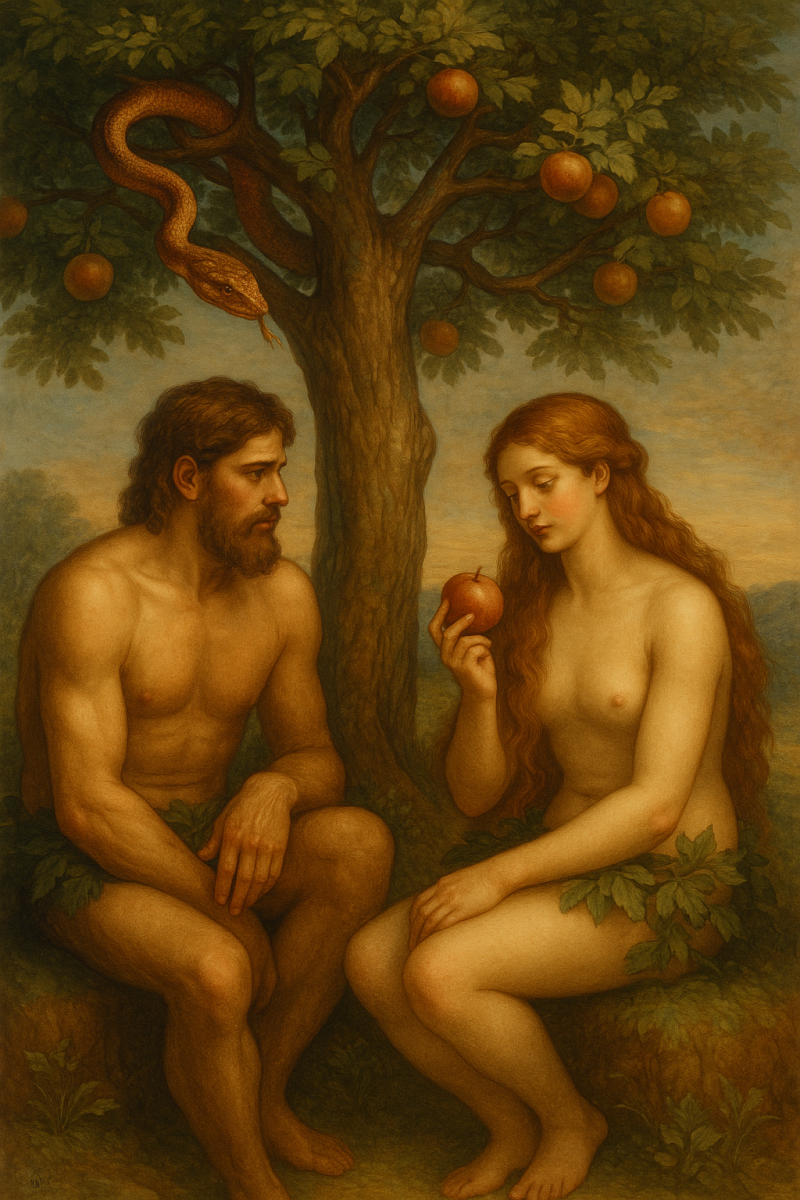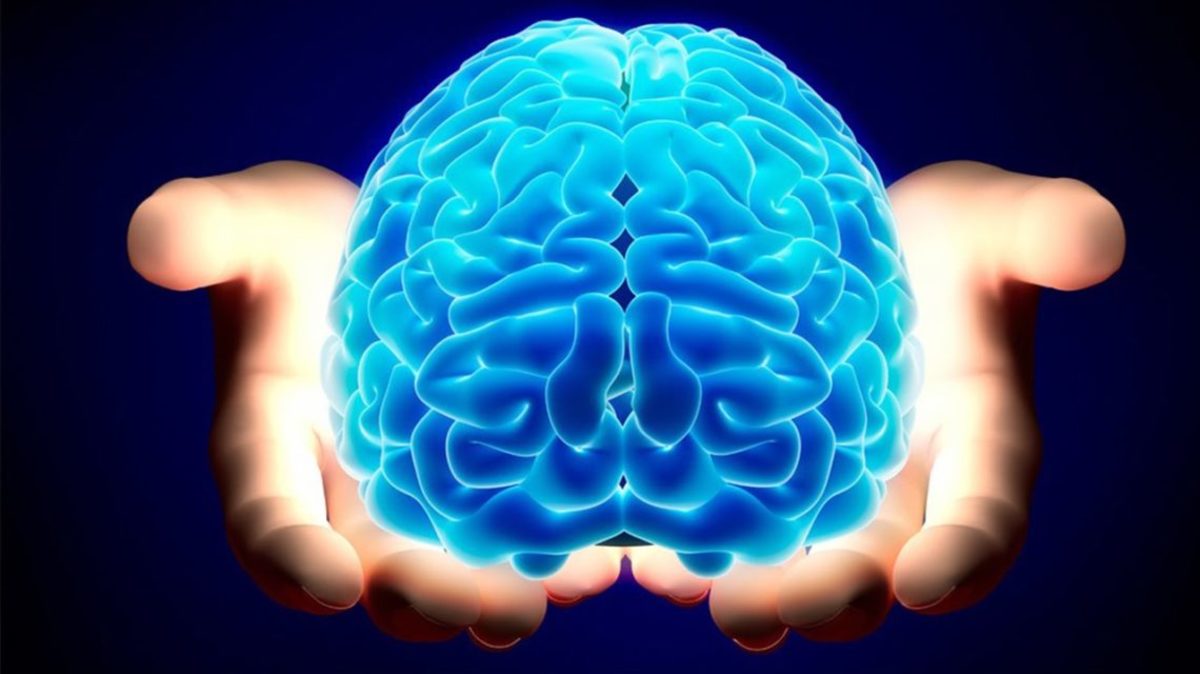Basics of Buddhism
Buddhism Basics
The Three Universal Truths
1. Nothing is lost in the universe: Matter turns into energy and energy turns into matter. A dead leaf turns into soil. A seed sprouts and becomes a new plant. We consist of what is arounds us. If we destroy something around us we destroy ourselves.
2. Everything changes: Everything is continuously changing. Life is like a flowing river. Sometimes snags and rocks come out of no where.
3. Law of cause and effect: There is continuous changes due to the cause and effect (karma)
The Three Poisons:
- Hatred (aggression)
- Craving (attachment)
- Delusion (ignorance)
The Four Noble Truths
-
The truth of suffering (Life is suffering): This is meant to be understood. The Buddha says there are 3 kinds of suffering; Dukkha due to pain, Dukkha due to change, and Dukkha due to existence. Dukkha is suffering, defilements, stress, anxiety, discontentment, etc.
-
The truth of the cause of suffering (There will always be suffering): This is meant to be abandon.
-
The truth of the cessation of suffering (There is a way out of suffering): This is meant to be realized.
-
The truth of the path (The 8 fold path): This is meant to be developed.
The Three Characteristics
Anicca- (impermanence) All conditioned phenomena (sankhāra) are impermanent, momentary, and everchanging. In meditation, we observe the ceaseless arising and passing away of
the Five Aggregates (khandha) of form, feeling, perception, mental formations, and consciousness.
Dukkha- (unsatisfactoriness)
1. Dukkha-dukkha—Ordinary suffering; physical pain and mental stress.
Sorrow, lamentation, pain, distress, and despair; association with the
unloved; separation from the loved; and not getting what one wants.
2. Vipariṇāma-dukkha—Suffering as produced by change. Even pleasant
phenomena are bound to change or end; this suffering is our reaction to
the ending of pleasant phenomena, and the stress of uncertainty as things
change.
3 Sankhārā-dukkha—Suffering as conditions; also described as suffering
inherent in the nature of our existence itself, or the suffering of
constructions.
The Triple Jem
I go to refuge in the Buddha
I go to refuge in the Dharma
I go to refuge in the Sangha
Four Bases of Success
1. Concentration gained by means of desire to act- Goal of wanting to become enlightened.
2. Concentration gained by means of strength- Concentration is gained through an exertion of effort and energy to achieve the goal of practice. Skillful and diligent effort is applied consistently and appropriately, neither too forceful nor too lax.
3. Concentration gained by means of mind-Concentration is achieved through a natural purity of consciousness that is unified and undistracted in its orientation toward the goal.
4. Concentration gained by means of investigation-Concentration is obtained by sustained and penetrative investigation that discerns mental and physical phenomena as they are actually occurring. This concentration arises by contemplating the changing, unsatisfactory, foul, or empty nature of things, or through the careful examination of causes and effects. We can reflect before, during, and after our actions to discern patterns that may indicate how conditions function to produce effects.
Four Foundations of Mindfulness
Body-This foundation centers on the experience of the body and frequently includes the physical breath. (Breath, postures, and parts).
Feeling-This foundation of mindfulness is especially important because it correlates with a relatively weak link in the twelve-fold chain of dependent co-arising (between feeling (vedanā) and craving (taṇhā)), thereby presenting an opportunity to intervene in the cycle of suffering. (sensations- pleasant, unpleasant and neutral).
Mind- This foundation concerns watching oneʼsgeneral mental state, focusing on the ethical
qualities of the mind – whether the mind contains any degrees of lust (rāga)/greed
(lobha), hatred (dosa), or delusion (moha).
Physical and mental processes-This stage integrates the previous three stages
so that finally one watches the totality of physical and mental processes. This final stage is equivalent to watching the five aggregates,so that oneʼs world is seen as consisting in the interplay of five groups of physical and mental processes ( mindfulness of all phenomena or objects of consciousness).
The Four Right Efforts
-
Restraint- Generating the desire for the non arising of unwholesome states. Avoiding and preventing the arising of unwholesome states and unskillful thoughts which have not yet arisen.
-
abandoning- Generating the desire for abandoning arisen unwholesome states.Abandoning unwholesome states and unskillful thoughts which have already arisen.
-
developing- Generating the desire for the arising of wholesome states.Cultivating, developing and bringing forth wholesome states and skillful thoughts which have not yet arisen.
-
protecting- Generating the desire for continuing arisen wholesome states.Maintaining and sustaining wholesome states and skillful thoughts which have already arisen.
The 5 Aggregates
- Material form
- Feeling tone
- Perceptions
- Mental formations
- Consciousness
The Five Faculties
- Faith
- Energy
- Mindfulness
- Concentration
- Wisdom
The Five Hindrances
Sensual Desire -Thoughts in favor; craving, especially sensual pleasure (lust of the flesh).
Aversion or ill will-Thoughts against; judgment, censure, disliking, malice toward others (unwholesome feelings towards others).
Sloth and torpor-Dullness, boredom, lack of energy, sluggishness and weakness of consciousness and mental factors, may manifest as sleepiness (unconvincing action without focus).
Restlessness and anxiety-Distracting thoughts that inhibit calmness, remorse, worry (Being unable to put the mind at peace).
Doubt-Absence of trust or confidence; lack of faith; unwise skepticism (Lack of faith).
The Five Precepts
- No killing
- No stealing
- No sexual misconduct
- No lying
- No intoxicants
The Seven Factors of Enlightenment
- Mindfulness
- Effort and Engery
- Investigation
- Rapture and Joy
- Concentration
- Tranquility
- Equanimity
The Noble Eightfold Path
Wisdom
Right view- Understanding the law of karma, impermanence and suffering (Four Noble Truths).Seeing things from the Buddhas eyes.
Right intention or thought- Clear, kind thoughts build good strong characters. You are what you think. Intention of renunciation: “Letting go”, generosity, Intention of non-ill will: metta/loving kindness, refraining from anger and aversion Intention of non-cruelty: refraining from cruelty and aggression, cultivation of compassion.
Moral Discipline
Right Speech- Refraining from harsh speech false speech and idling. By using kind helpful words we are respected and trusted by everyone.
Right action or conduct- People know us by our behavior and actions. Before we criticize others we should first see what we do ourselves. Refraining from killing other beings, Refraining from taking that which is not given, Refraining from sexual misconduct.
Right livelihood- Choosing a job that does not harm others.
Concentration
Right Effort- A worthwhile life means doing our best at all times and having good will towards others. This also means not wasting effort on things that could cause harm ourselves or others. Avoid and prevent the arising of unwholesome states which have not yet arisen. Abandon unwholesome states which have already arisen. Cultivate and bring forth wholesome states which have not yet arisen. Maintain and develop wholesome states which have already arisen.
Right Mindfulness- Clear perception of the interaction of the Five Aggregates, expressed in the Four Foundations of Mindfulness. Be aware of thoughts, words, and deeds
Right Concentration- One-pointedness of mind: a state in which all mental faculties are unified and directed toward an object of consciousness. Focus on one thing at a time.
The Four Sublime States
Metta- friendliness, loving-kindness
Karuna-compassion
mudita- Joy gladness, appreciation of the good qualities.
upekkha- equanimity, the peaceful unshaked mind.

More Information
You may go to the link below to learn more about the basics of Buddhism. I hope this helps. There are also serveral other website you can visit to learn more on buddhism and learn more about the Buddhas teachings. Audiodharma.org is a site where you can listen to podcasts on the buddhist teachings which I use myself. It may bring about great insight.
http://online.sfsu.edu/rone/Buddhism/footsteps.htm


Please share any comments you may have. I would love feed back.
Teachings of the Buddha
The Three Jems
I seek refuge in the Buddha
| I seek refuge in the Dharma
| I seek refuge in the Sangha
|
|---|---|---|
The Buddha is our mindfulness
| The Dharma is our truth
| The Sangha is our community
|








